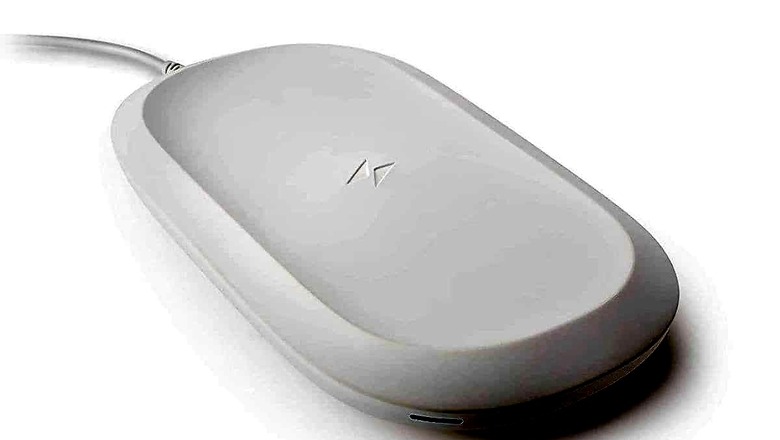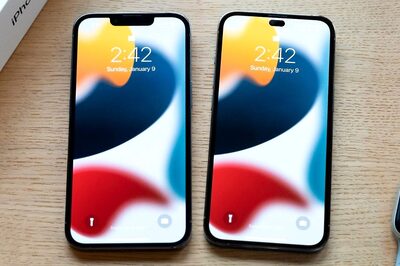
views
Wireless charging as a trend has been slow to pick up in the market, primarily because you get it with premium smartphones, which has a miniscule share among buyers. But the technology has come a long way in the past few years, with more brands adopting the feature and offering at a fair pace.
Add to that you have affordable wireless chargers in the market that let you experience the technology without spending big. However, most of you still wonder if wireless charging is a secure way of charging. After all, you are relying on a pair of coils built into the adapter that takes care of the charging. But does that come at the cost of your smartphone’s battery? Here’s a detailed explainer on how the technology works and whether it puts a dent on your phone’s battery.
Also Read: Samsung Galaxy S22 Series With Snapdragon 8 Gen 1 Chip Launched In India: Price, Variants And More
Wireless Charging is Convenient
Unlike the tedious process of wired charging, wireless chargers are convenient and there is no denying that. All you have to do is connect the charger to a power socket, and then place the smartphone on the pad or stand for charging. This is one big aspect about wireless charging that came to fore, and people were excited for its future. After trying out the technology ourselves, we can see its benefits.
Wireless Charging Designed To Charge Effectively
So how does a wireless charger work? Smartphones supporting the feature have receiver coils built inside, that communicate with the coils built into the charging pad. And unlike the wired charger, the voltage in supply between the two devices is lower, which keeps the device safe. Also, since both the devices have separate charging coils, the current transmitted remains in control. Make sure to place the phone in the right spot for the coils to start charging.
Also Read: Qualcomm Brings Wi-Fi 7 Standard To Push Metaverse And AR Capabilities
Once the smartphone has charged at its optimum speed, the Protection Circuit Module (PCM) ensures the battery is now charging at normal speed for better endurance. While there are multiple wireless chargers in the market, experts suggest you to buy Qi certified chargers, which are tuned to give the best results, and protect the device as well.
Can Wireless Charging Degrade Your Smartphone’s Battery?
Any phone’s battery is bound to degrade over time as they come with a specific battery charging cycle from the manufacturer. But does that change considerably using a wireless charger, the answer is no. Like we said, the current offered by a wireless charger is in sync with what a smartphone can support.
So, if you use a 30W wireless charger on a phone that supports 15W charging speed, the speed is cut down to give it the right current level.
Watch Video: Dell Inspiron 14 2-in-1 (5410) Review: Solid Productivity-Focused Laptop
And by doing so, the battery remains in good health, as long as you use the certified chargers that have the ability to control the power output and protect your phone.
Read all the Latest Tech News and Breaking News here



















Comments
0 comment